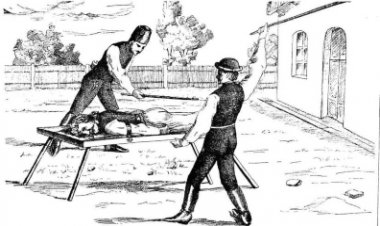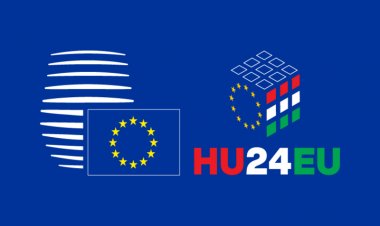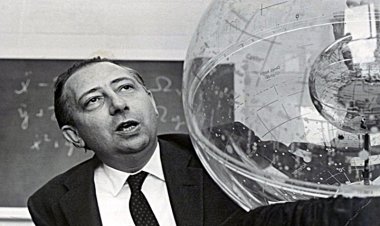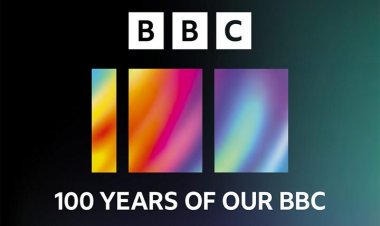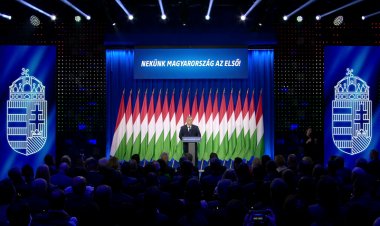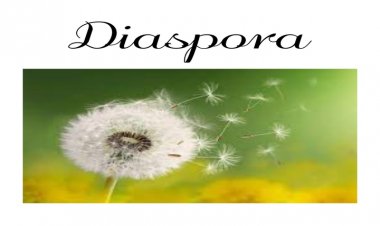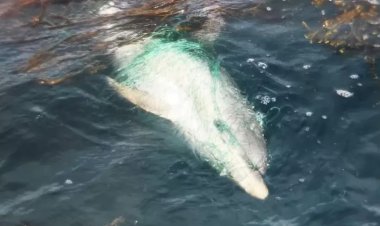EU leaders approve Ukraine accession talks
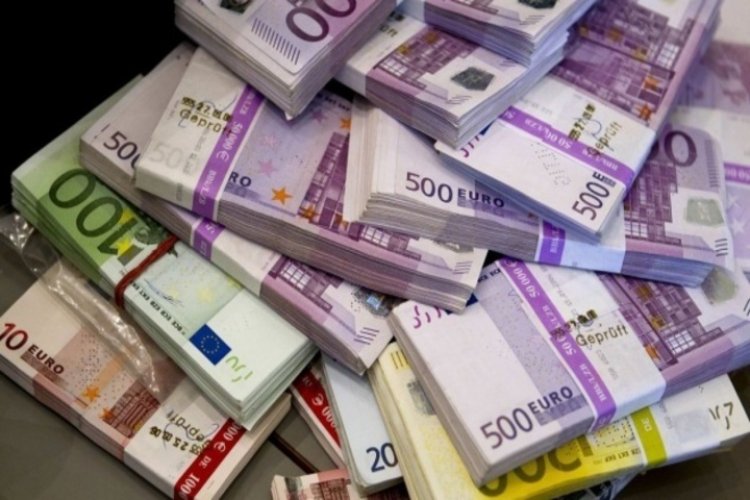
EU bypassing Orbán
Billions of euros had been frozen over concerns about human rights and the rule of law in Hungary.
The European Commission on Wednesday unblocked €10.2 billion in frozen EU cohesion funds earmarked for Hungary, one day before European leaders are set to discuss new aid to Ukraine and the opening of accession negotiations for Kyiv, which Prime Minister Viktor Orbán has ferociously opposed.
The announcement comes at a critical time for Ukraine as its counteroffensive against Russia’s invasion stalled in recent weeks and $60 billion in aid from the U.S. is stuck in Congress.
While accession talks are likely to continue on for many years, Ukrainian President Volodymyr Zelenskyy said the news was “a victory of Ukraine … a victory that motivates, inspires and strengthens.” This was a historic moment for Ukraine, which has made its aspirations to join the EU known for many years.
Hungarian Prime Minister Viktor Orbán who had vehemently opposed the opening of accession talks for Ukraine, criticized the agreement reached without him by European leaders.
“Hungary does not want to be part of this bad decision!”Orbán said in his statement.
Orbán left the room when the decision on enlargement was taken, according to a national official and a EU diplomat who were both briefed on the discussion. This allowed for an unanimous decision from the European Council, which another EU official, who like the others was granted anonymity to speak candidly about the circumstances, said was completely legal under EU law.
“If someone is absent, they are absent. Legally it is totally valid,” added the official.
EU leaders will still meet during the summit to debate the €50 billion aid package to Ukraine. The summit is supposed to end on Friday but could last longer if leaders cannot come to an agreement by then.
European leaders were quick to celebrate the announcement.
The much-awaited decision came surprisingly early, as Orbán had been threatening to use his veto to block the opening of accession talks in the days leading up to the summit.
The European Council’s decision follows a recommendation from the European Commission, which had advised to open accession negotiations in November.



